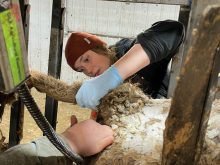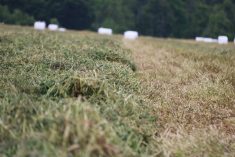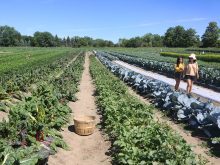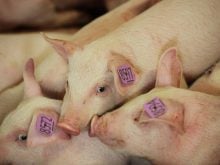“There’s a thousand actions yet to happen.”
That’s how Canadian Pork Council executive director John Ross concluded his update on Canada’s plans to prepare for and fight African swine fever if it infects pigs in North America.
But Ross also indicated that thousands of actions have already been taken as industry leaders, veterinarians and governments lay groundwork to reduce risk of infection, mitigate damage and handle the fallout from ASF cases.
He gave an overview at a Jan. 6 on-line session about ASF.
Read Also
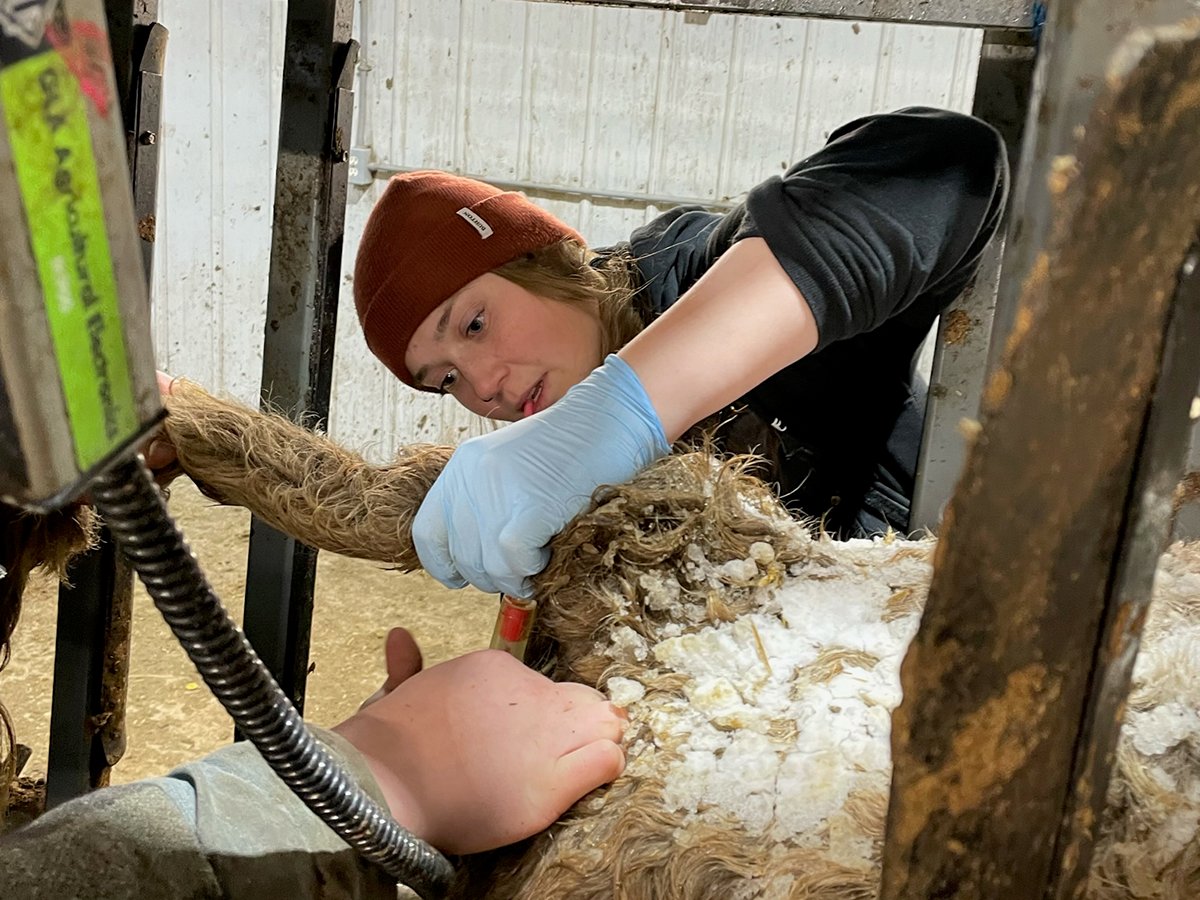
Pen riders better than tech at detecting respiratory disease in feedlot cattle, says researcher
Katrina Garneau’s recent research found that pen riders are better than technology at flagging signs of BRD in feedlot cattle.
A Canadian action plan has been devised with four pillars: biosecurity; preparedness; business continuity; and communications.
There are committees within each of those areas, said Ross, and much of the challenge lies in the complexity of the sector.
“The pork industry is not a small chain. It is big. It is cumbersome. It stretches from coast to coast. It involves people that have a couple of pigs and people that have many thousands,” said Ross.
“ASF affects multiple governments. We are dealing with three levels of government, federal government, provincial government and, when we get into wild pigs or feral hogs, into municipal governments. And multiple departments.”
The hog industry generates millions of dollars annually and is reliant on exports. An outbreak of ASF would immediately halt pork exports — temporarily if zones or compartments are accepted by trading partners or for longer duration until the disease was eradicated.
Ross outlined 10 actions that have already been taken as part of the plan, including establishment of an ASF executive management board, obtaining funds for its work, developing a system for better disease surveillance and improved international border measures through sniffer dogs and traveller warnings.
Also on his list is work on zoning agreements, work with the Canadian Wildlife Health Cooperative regarding wild boars and feral pigs, plans to contact small-lot producers and plans being made for mass pig destruction and disposal if it becomes necessary.
Dr. Andrew van Kessel, associate director of research at VIDO-Intervac, told those in the online session that there are now calls for research proposals involving ASF prevention and mitigation.
Research priorities include surveillance and animal health; biosecurity; destruction and disposal; mental health; economic impact; and knowledge transfer.



